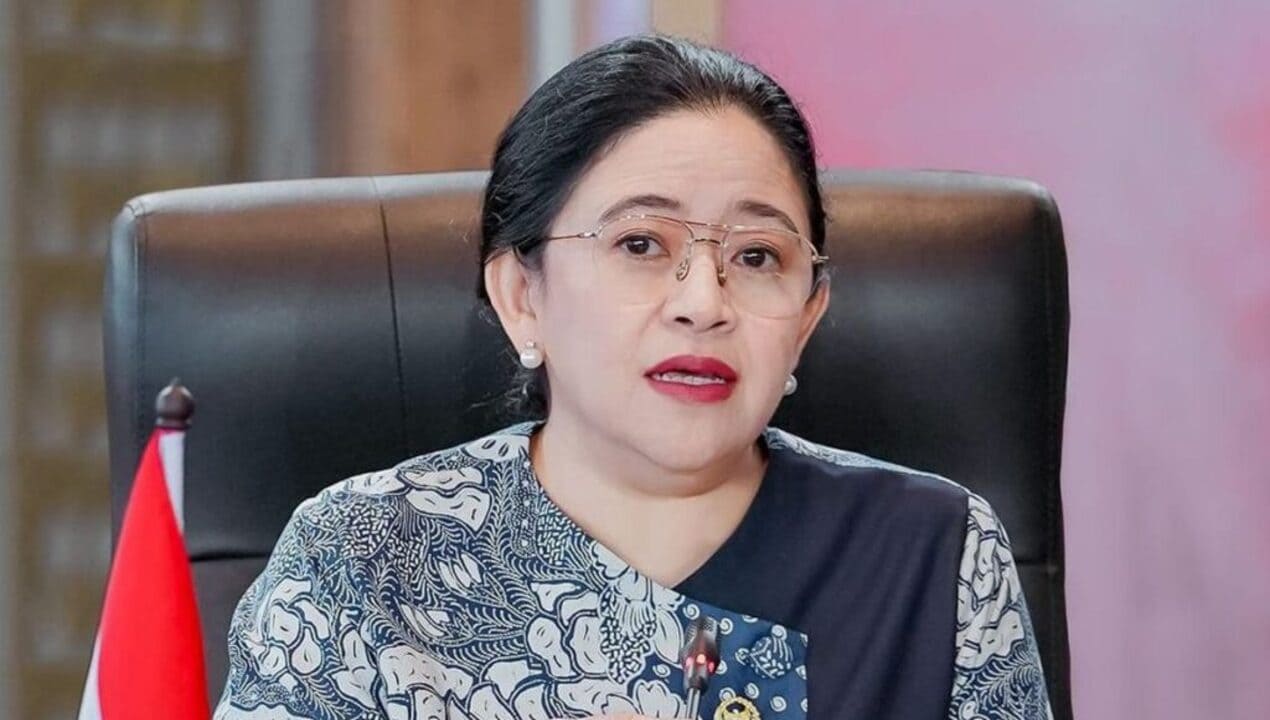
Independent Report – On International Workers’ Day, or May Day. The Speaker of the Indonesian House of Representatives, Puan Maharani, highlighted the various challenges faced by workers. She emphasized the importance of fighting for workers’ rights in Indonesia, particularly the protection of women workers.
“May Day should be a moment for reflection for all elements of the nation to ensure that justice and workers’ welfare are not just slogans. But the main foundation in every national policy,” she stated in a press release on Friday, May 2, 2025.
A member of the Indonesian Democratic Party of Struggle, reminded the government and the workforce to pay more attention to the plight of women workers. Who often bear a double burden as breadwinners and household managers.
“Every female worker has the right to equal opportunities in their career, free from any form of discrimination, violence, and harassment at the workplace. The state and employers must create safe, humane, and inclusive working environments, including for working mothers,” Puan emphasized.
This stance aligns with the mandate of Law No. 4 of 2024 concerning the Welfare of Mothers and Children in the First 1000 Days of Life (KIA). Which is part of the state’s commitment to protecting the rights of women and children, particularly mothers as workers. Under this law, both the government and industries are required to provide specific facilities for working mothers. Such as lactation rooms, child care centers, appropriate maternity leave, and family-friendly working hours.
Puan stressed the need for these regulations to be implemented in the workforce without limiting spaces for gender equality and fairness for women workers. “Women workers are not just laborers, they are the backbone of families and the future generation,” she stated.
The Speaker of the House continued, emphasizing that the state must ensure that workplaces become fair, safe. Andl also prosperous environments for women, while also supporting the principles of equality and justice.
In addition to advocating for women’s rights, Puan also called for fair wages, workplace safety, health guarantees, retirement plans, and unemployment benefits for all workers in Indonesia. “This is a collective responsibility, including for the House of Representatives. To ensure that each regulation and government program supports the fulfillment of workers’ welfare,” she noted.
Also Read : Hardiknas : Strengthening Education Through Collaboration
Puan acknowledged the significant challenges workers face, including high unemployment rates, limited job opportunities, low workforce quality, wage disparities, and a recent surge in layoffs in Indonesia. She pointed out that the unstable global economy has led many workers to lose their jobs and income. “This concerning situation further demands the presence of the state to support workers in Indonesia,” she said.
Regarding the mass layoffs, Puan called for the government to strengthen its role in facilitating job creation and protecting workers’ rights. “A tripartite forum (government, employers, and trade unions) must seriously address the issue of mass layoffs and find solutions together,” she explained.
She added that the House of Representatives continues to monitor this issue. One of their efforts includes assisting workers affected by layoffs and ensuring their rights are upheld. “The House also consistently provides oversight of government partners and ensures that every existing regulation is supportive of workers’ needs,” she emphasized.
Puan also addressed age discrimination in job recruitment. As most job openings in Indonesia have age limits for applicants, typically between 25 and 31 years old. “Such conditions make it difficult for those who have been laid off to re-enter the formal workforce. We hope the government can encourage companies to be more open to older applicants,” she urged.
“Older workers usually possess more experience and skills that can benefit companies. Even though opportunities for younger workers must still be provided,” she added.
Puan also highlighted the importance of workers adapting to technological changes and the global economy. She noted that the development of digital technologies and economic globalization presents new challenges in Indonesia’s labor market. Such as the emergence of new jobs and the loss of existing ones.
“Improving the quality of education and training, especially those relevant to labor market needs, has become essential in today’s labor environment. This includes how the government should increase support for workers in the informal sector,” she stated.
Approximately 58 percent of jobs in Indonesia are in the informal sector, a condition that creates vulnerabilities, such as a lack of career advancement and excessive working hours for workers in this sector. “The government’s presence is crucial to ensuring that workers in the informal sector also receive their rights and justice,” Puan concluded.
Finally, she reaffirmed the House of Representatives’ commitment to working with the government and other stakeholders to ensure that every worker in Indonesia, regardless of their job type, receives a decent standard of living and welfare, as guaranteed by the constitution.
Also Read : Morgan Stanley: Fitur Perdagangan Kripto di Aplikasi ETrade